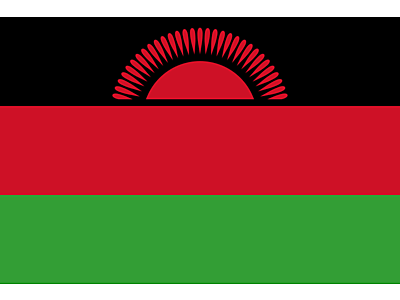Malawi launches the 2017/18 Lean Season Food Insecurity Response Plan
Posted by khethiwe qotyana on 22 March 2018, 16:25 SAST

In December, Malawi Government, in partnership with the UN and other partners, launched the 2017/18 Food Insecurity Response Plan to provide food assistance to 1,043,000 food insecure people in 20 of Malawi’s 28 districts between December 2017 and March 2018.
The Malawi Vulnerability Assessment Committee (MVAC) recommended provision of only cash-based assistance during this period. Apart from providing the food assistance, the response plan also prioritises implementation of resilience building interventions to break the cycle of hunger among the affected population.
The total budget for the humanitarian response plan is US$34.89 million. To date, only $12.36 million has been mobilised from the UK Department for International Development (DfID), Irish Aid, USAID and Roche Pharmaceuticals, leaving a shortfall of US$22.48 million. In addition, the Chinese Government donated 3,270 metric tonnes (65,400 50kg bags) of rice towards the response.
The response is being implemented by the UN World Food Programme (WFP) and the International NGOs (INGO) Consortium, coordinated by the Malawi Government’s Department of Disaster Management Affairs (DoDMA).
Meanwhile, Malawi is also battling an infestation of fall army worms which has attacked up to 200,000 hectares across the country so far. In December, Malawi President Peter Mutharika declared a state of disaster in 20 districts affected by the fall armyworms, asking for support from development partners to combat the pest, which threatens to lower crop production during the current agricultural season.
FAO is coordinating development partners’ support to combat the pest. DFID, EU and the Government of Malawi are supporting the purchase of pesticides and knowledge dissemination on use of the pesticides as well as research and adoption of integrated pest management practices among small scale farmers across the country. As of 12th January 2018, around 28,350 litres of pesticides have been distributed to the districts to tackle the fall armyworms infestation and additional 22,000 litres will be distributed in the coming weeks.
https://reliefweb.int/report/malawi/malawi-launches-201718-lean-season-food-insecurity-response-plan
